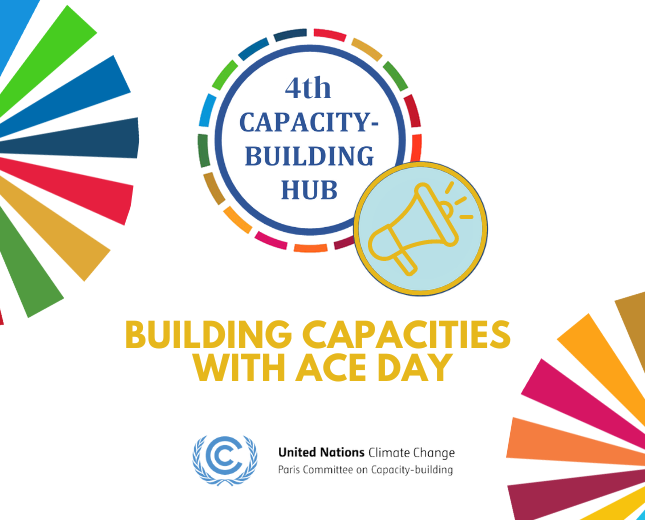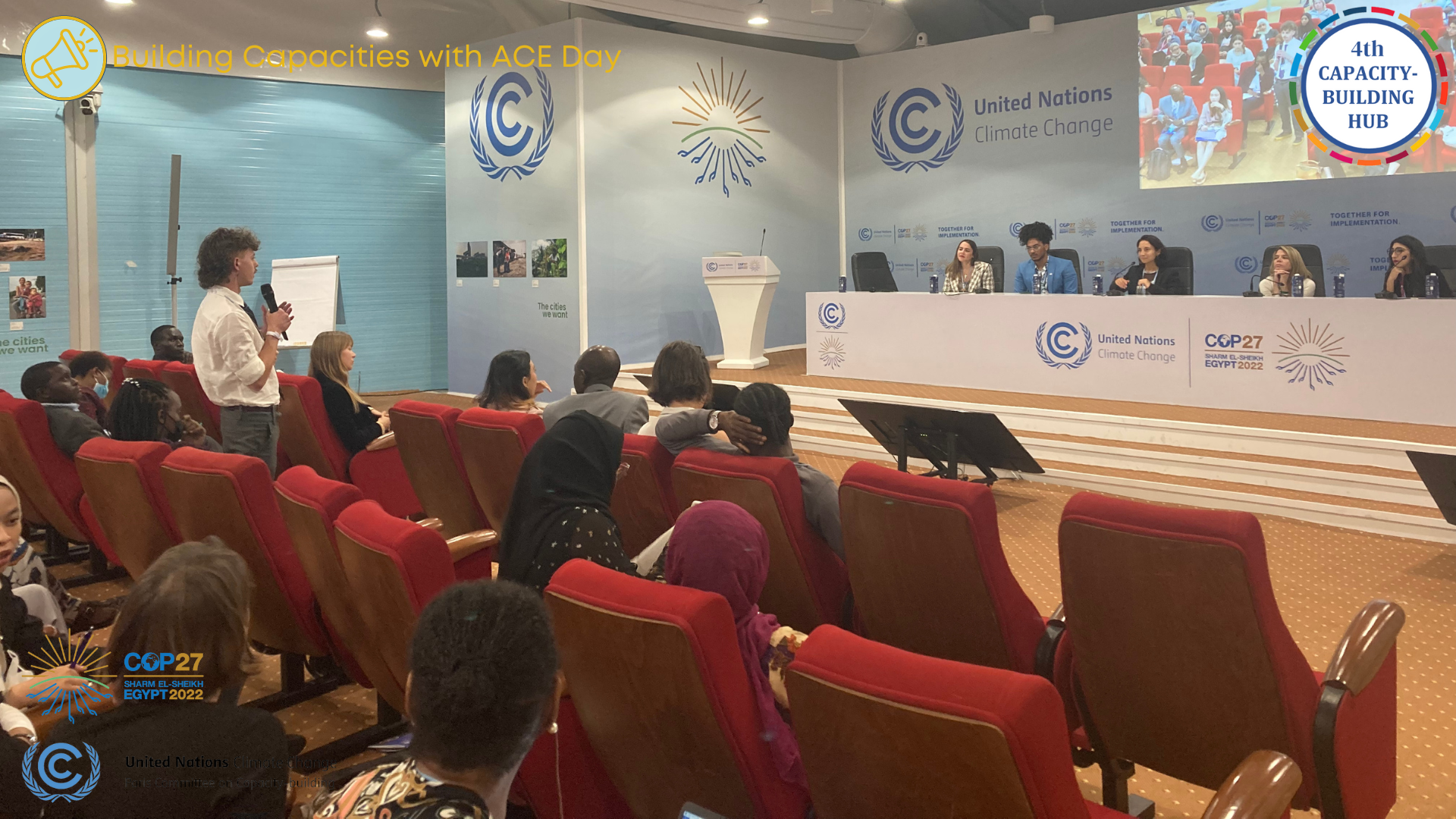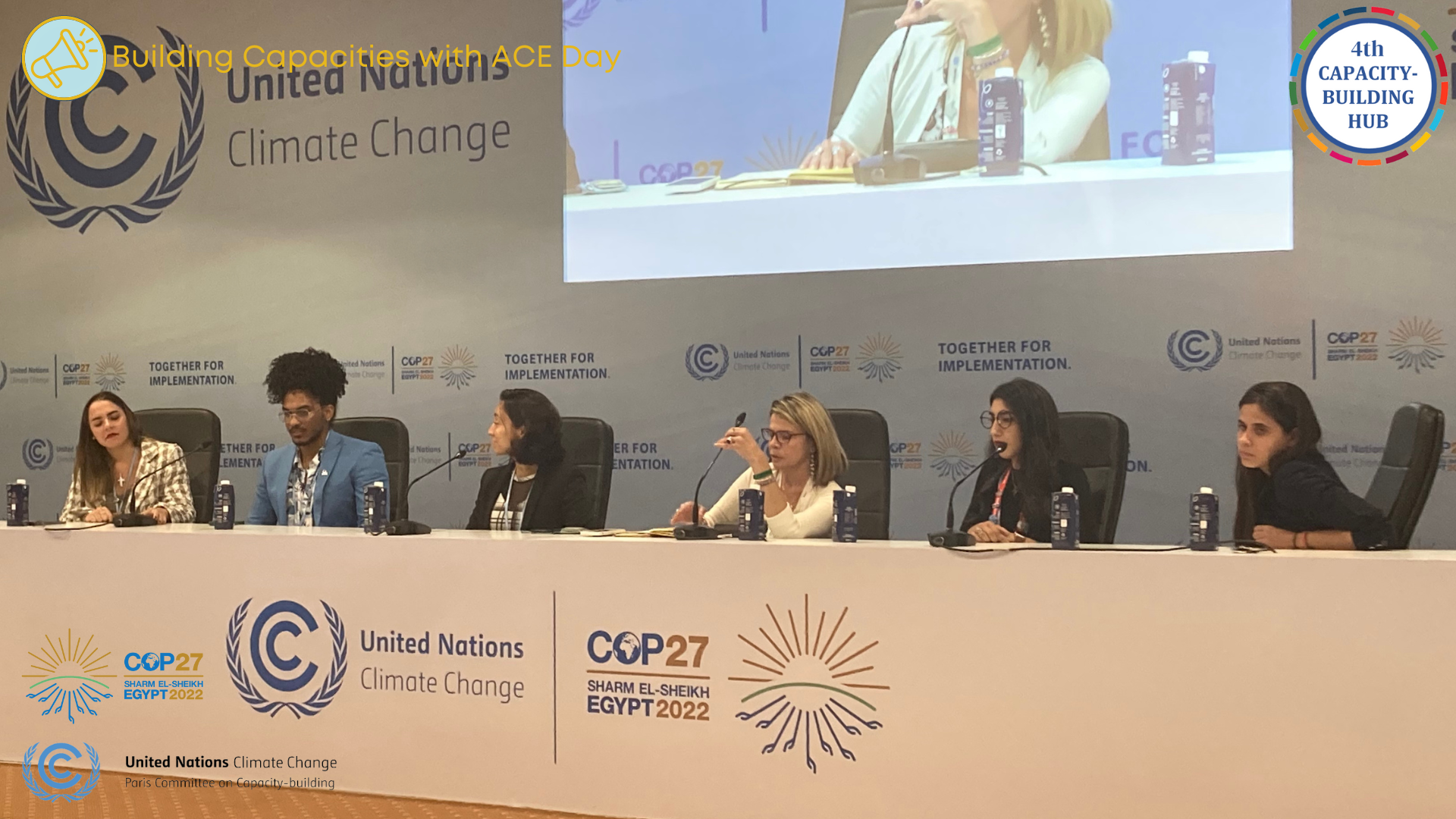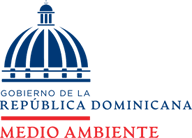Event Recording
Organizers
Background
The Ministry of the Environment and Natural Resources is the governing body for the management of the environment, ecosystems and natural resources, in order to comply with the powers that, in accordance with environmental legislation in general, correspond to the State, with the aim of achieving sustainable development. The Ministry of Environment is the focal point of the UNFCCC and within its functions and attributions, it has to collaborate with the Secretary of State for Education in the preparation of the teaching plans and programs to be applied at the different levels of national education in relation to the environment and natural resources, as well as to promote, together with said Secretary, outreach and non-formal education programs. Another one of its functions is to provide capacity building at the different levels, not only within government, but also in the private sector, NGOs, academia and the Dominican people in general.
The Climate Youth Negotiator Programme is an intergenerational programme aimed at creating a strong and diverse pipeline of effective, ethical negotiators to lead the world’s most important multilateral discussions.
It achieves this goal by offering young leaders (aged 18 - 35) who are nominated by their country's United Nations Climate Change focal point:
- An intensive, five month long training programme, equipping them with the skills and knowledge they need to be effective negotiators
- A community of young negotiators and changemakers, to accelerate negotiations through relationships, collaboration and empathy
- Travel and subsistence grants to support young negotiators from lower-income countries to attend and negotiate at United Nations Framework Convention on Climate Change negotiations
- Opportunities to advocate for change, paving the way for intergenerational justice
In its first year, 27 countries signed up to the programme, nominating over 60 individuals. 55 young negotiators are here at COP27, representing their country and bringing the voices of young people directly to the decision making table.
Objectives
The main objective of this session is to share the information and knowledge as well as the processes that the Dominican Republic and the Climate Youth Negotiator Programme is undertaking to strengthen multilateral foreign policy negotiating capacity on an issue of vital importance to the country as Party to the United Nations Framework Convention on Climate Change (UNFCCC) and also to the new climate regime created by the Paris Agreement.
The panel will focus on the recent experience that we had preparing/training professionals from different sectors of the government, the banking sector and NGOs, on climate negotiations and diplomacy with the aim to build capacity to effectively influence international negotiations at the UNFCCC and related forums. Also, it will emphasize the technical-diplomatic capacities needed for the climate change negotiations, management and channeling of funding sources for climate action, according to the priorities and interests of the country, and the region.
Speakers
-
Gabriela Marquez, Consultant, Expert on Nationally Determined Contributions (Ndc), Paris Agreement Capacity Building Initiative for Transparency (CBIT RD), UN Environment, Centro para el Desarrollo Agropecuario y Forestal (CEDAF)
-
Claudia Caballero, Capacity building expert, Centro para el Desarrollo Agropecuario y Forestal (CEDAF)
-
Pedro Coss, Consultant and advisor, Consejo Nacional para el Cambio Climático y Mecanismo de Desarrollo Limpio
-
Sophie Daud, Chief Executive Officer and Co-Founder Future Leaders Network, Climate Youth Negotiator Programme
-
TBC Youth negotiator Climate Youth Negotiator Programm
Moderators
-
Carol Franco, Coordinator, Ministry of Environment
-
Nathalie Flores, Director of climate change, Ministry of Environment
-
Sophie Daud, Chief Executive Officer and Co-Founder Future Leaders Network, Climate Youth Negotiator Programme
Key Outcomes
- Capacity-building for training in climate change negotiations for funding recourses is needed for further climate action. Training in languages could make a huge difference for youth negotiators.
- Support in the development of soft skills e.g., patience and empathy make a real difference in negotiations in the experience of the youth negotiators.
- Stakeholders across sectors agree on the need for capacity-building for (youth) negotiations to achieve sustainable solutions. Enabling partnerships across sectors is an important part in the capacity-building process.




